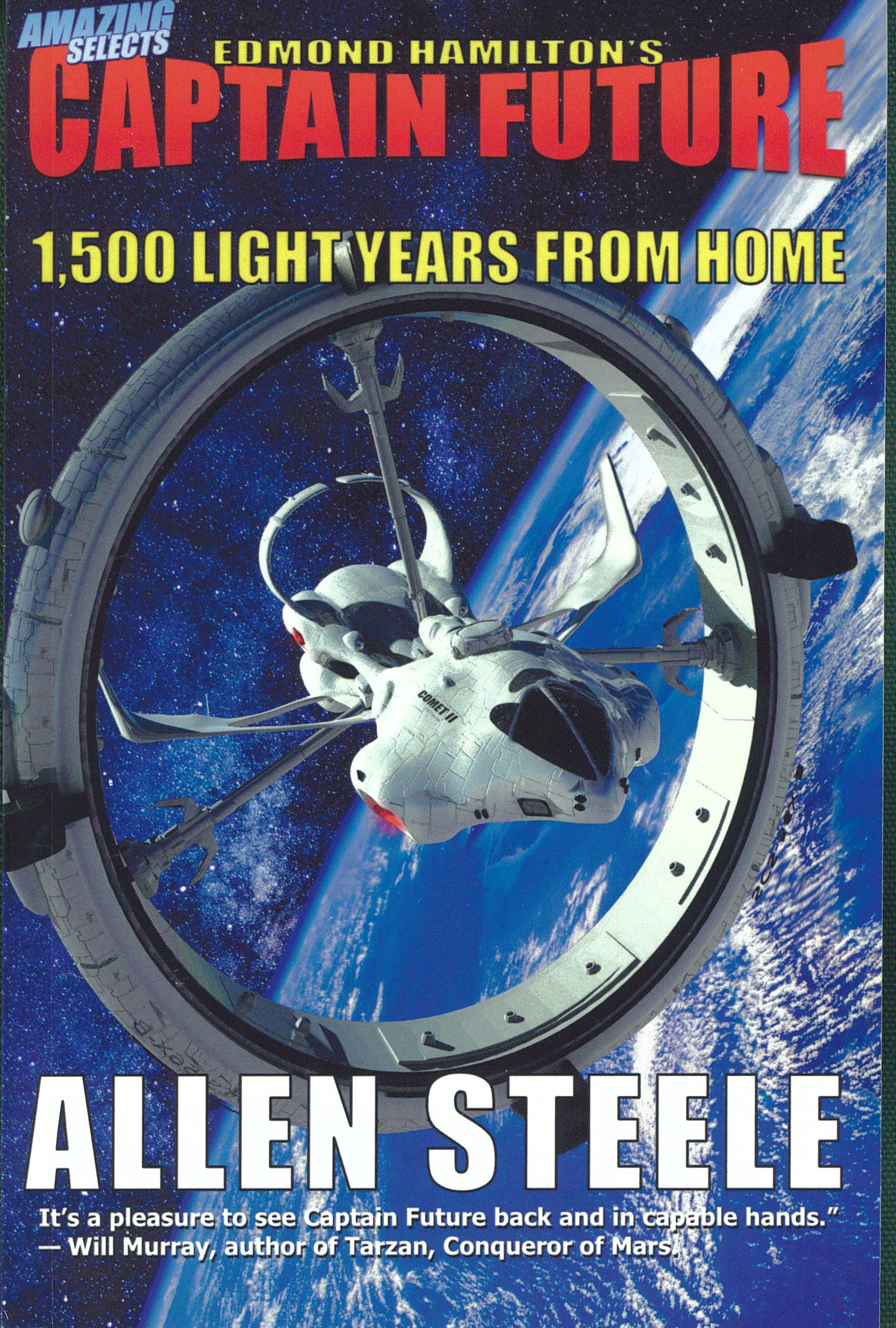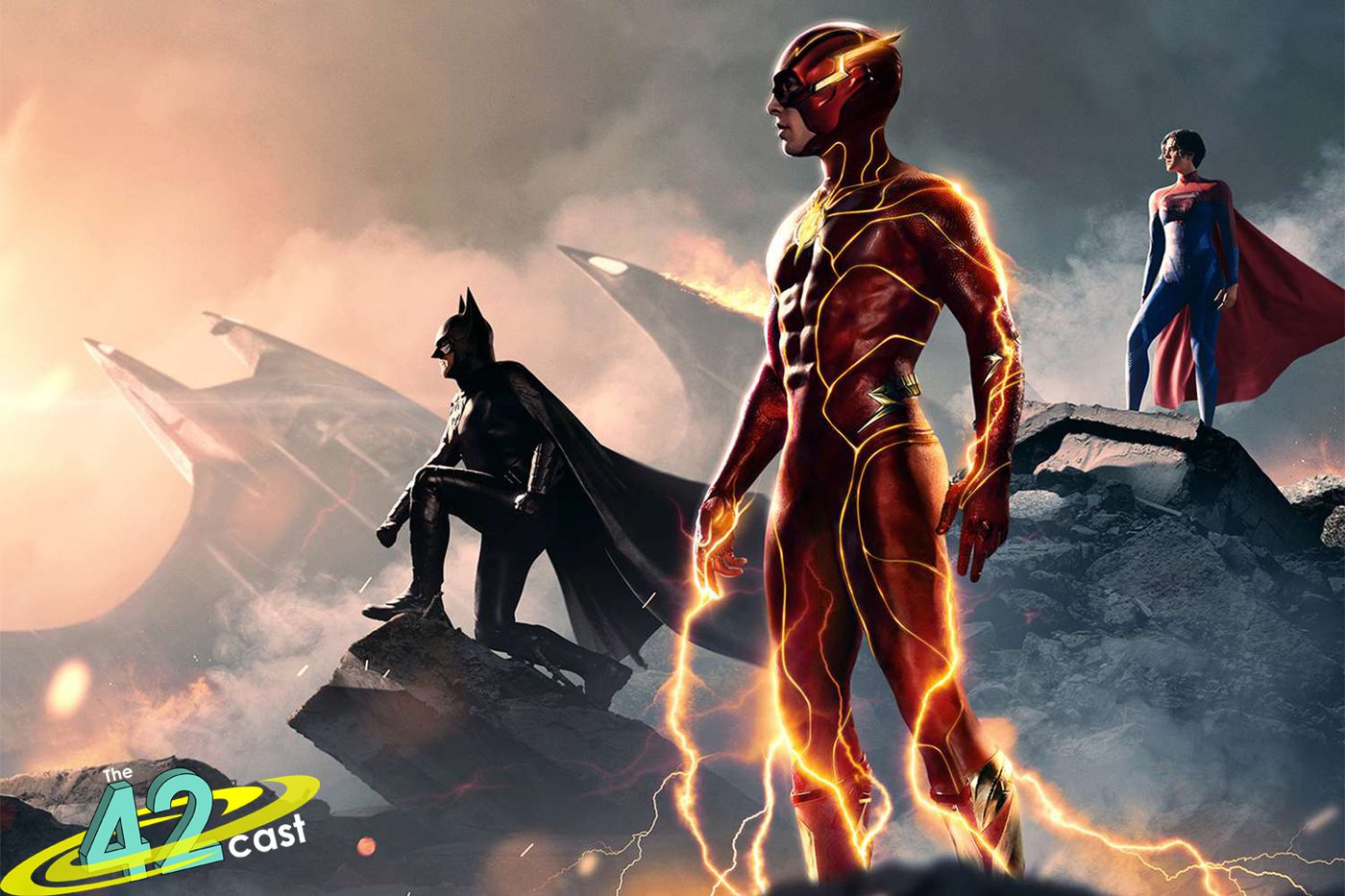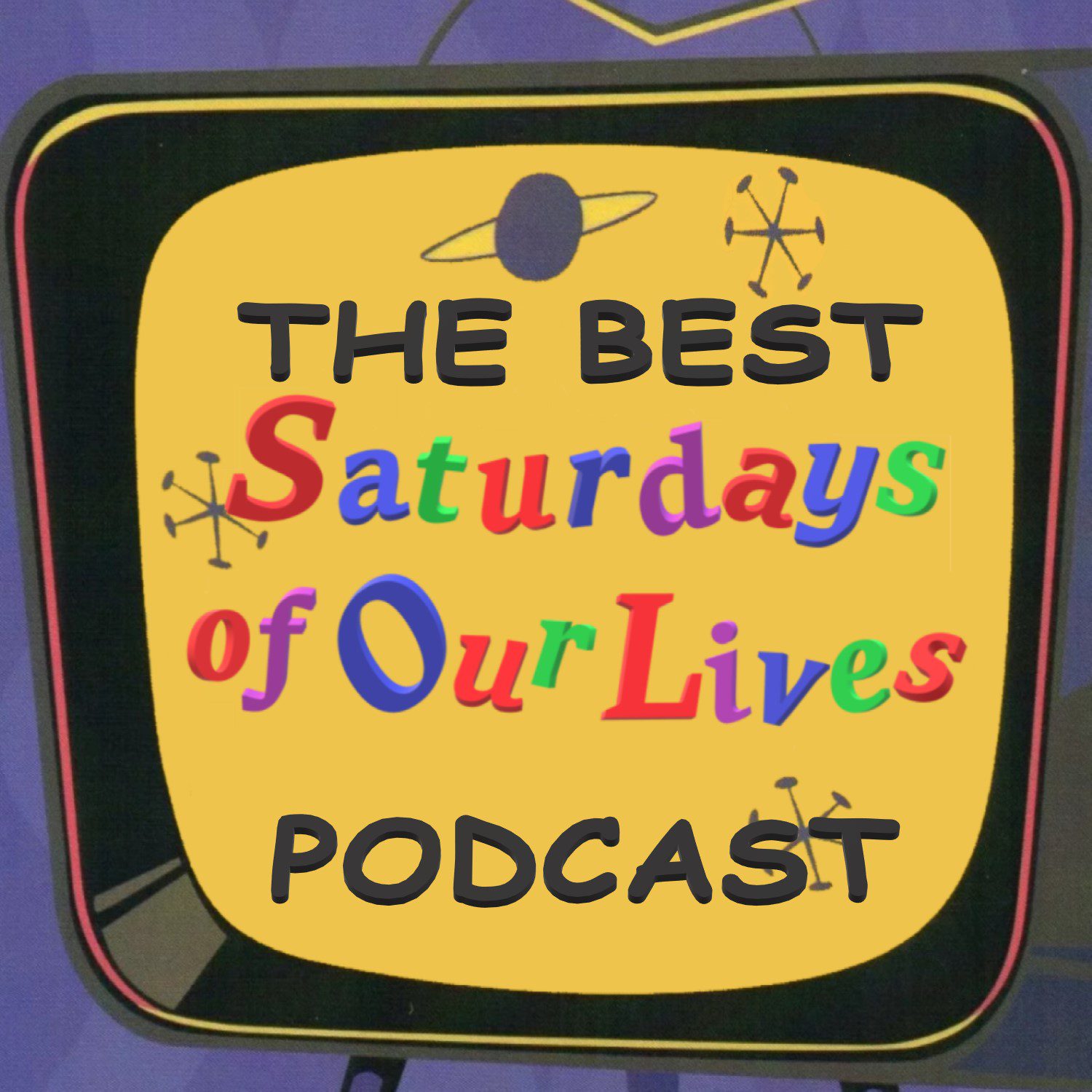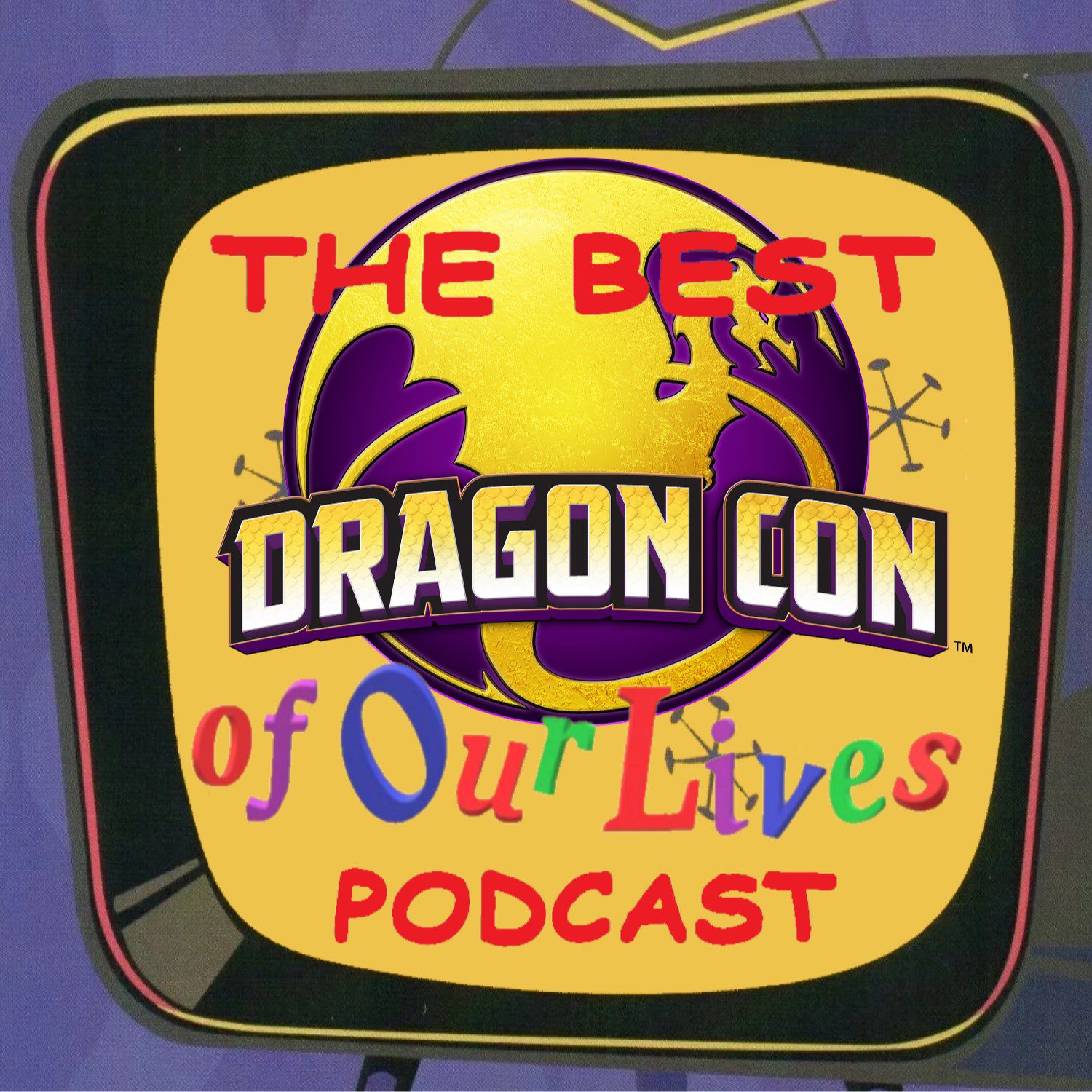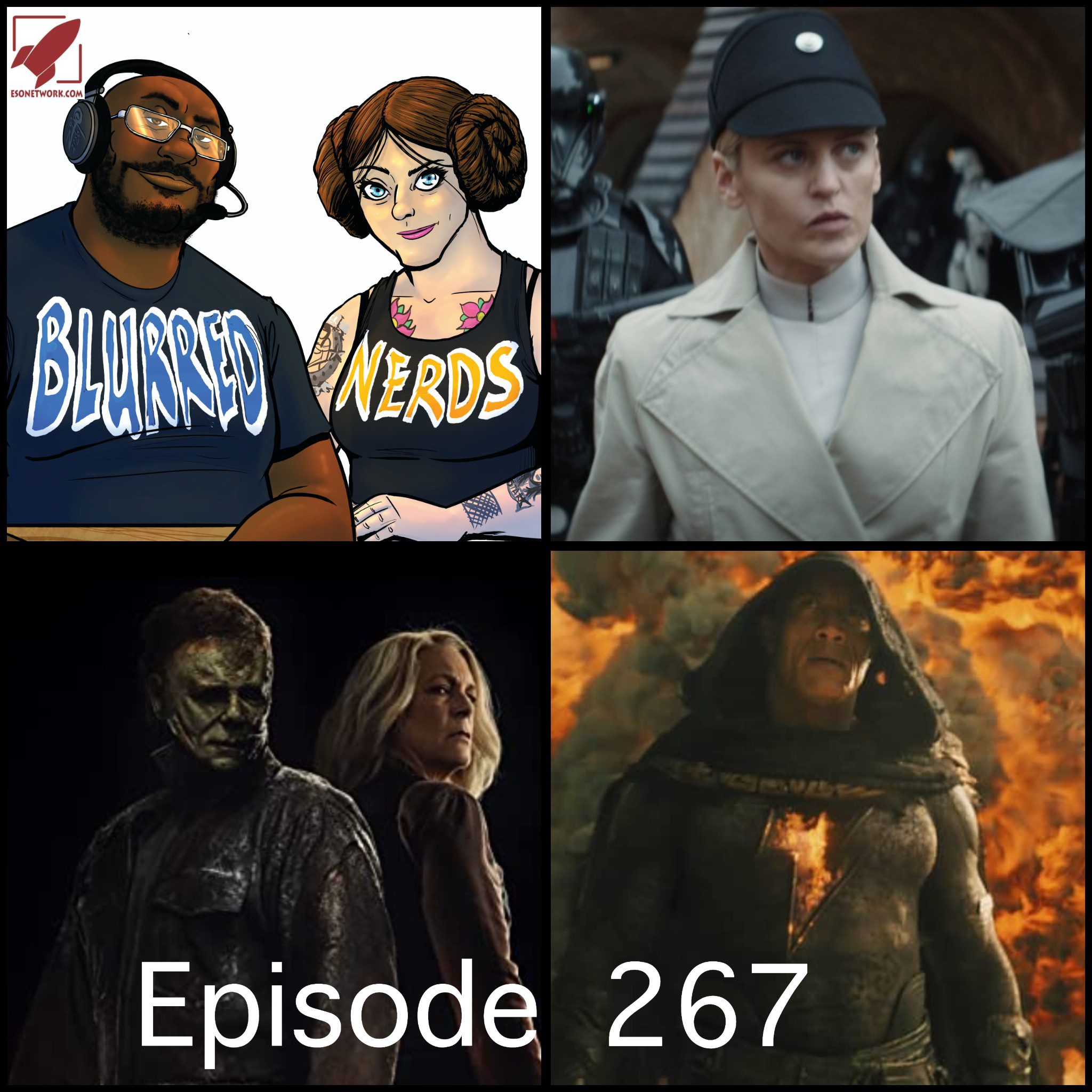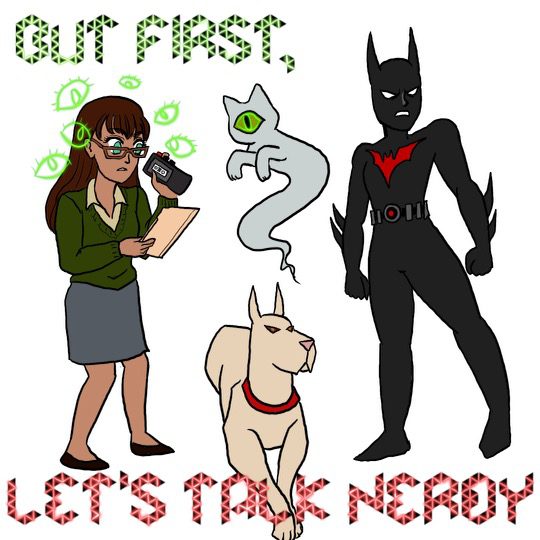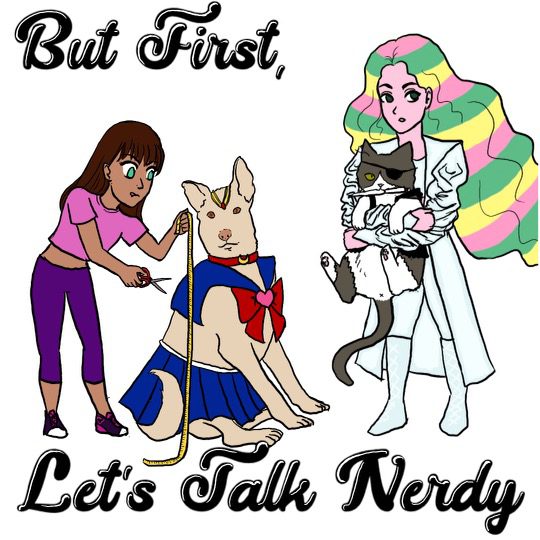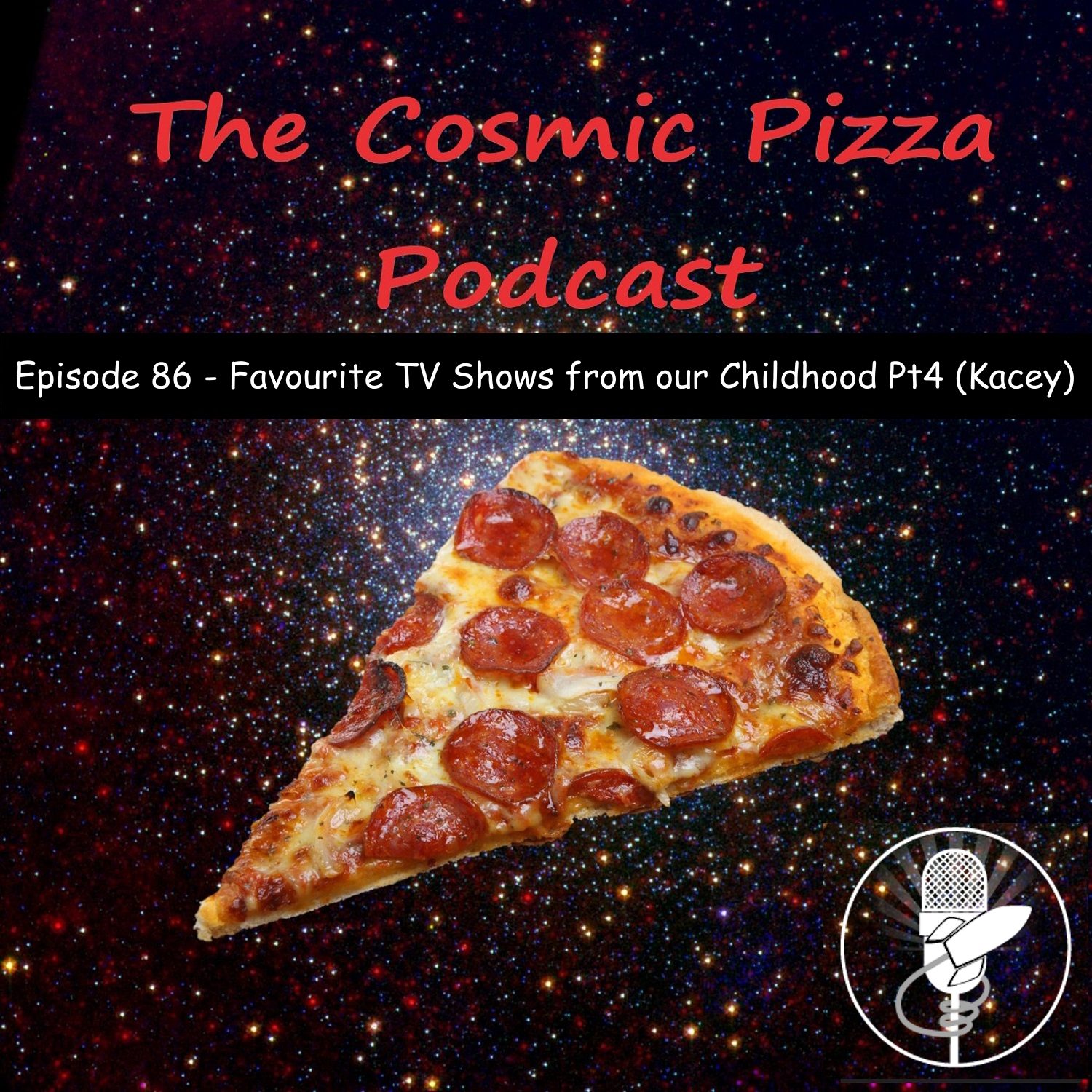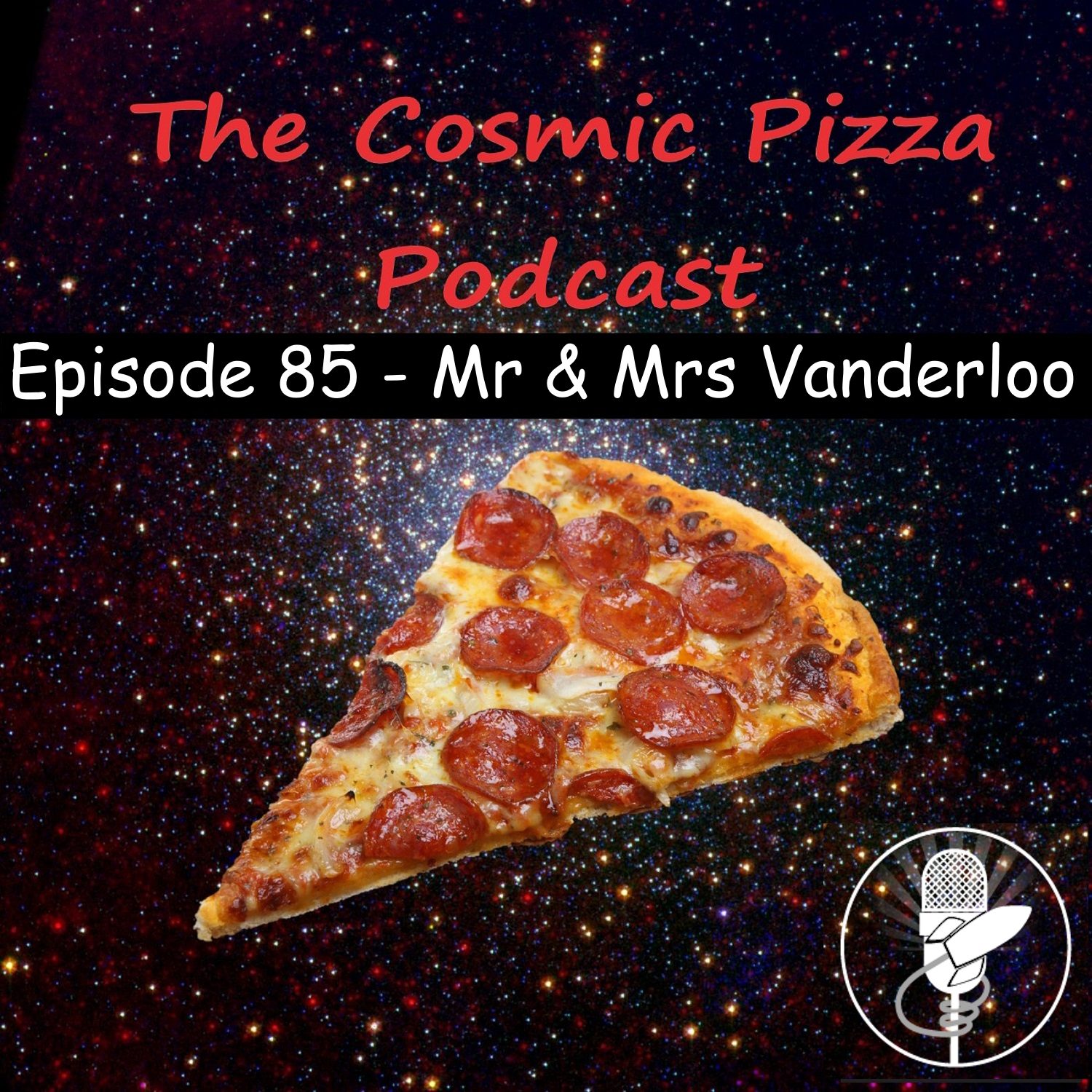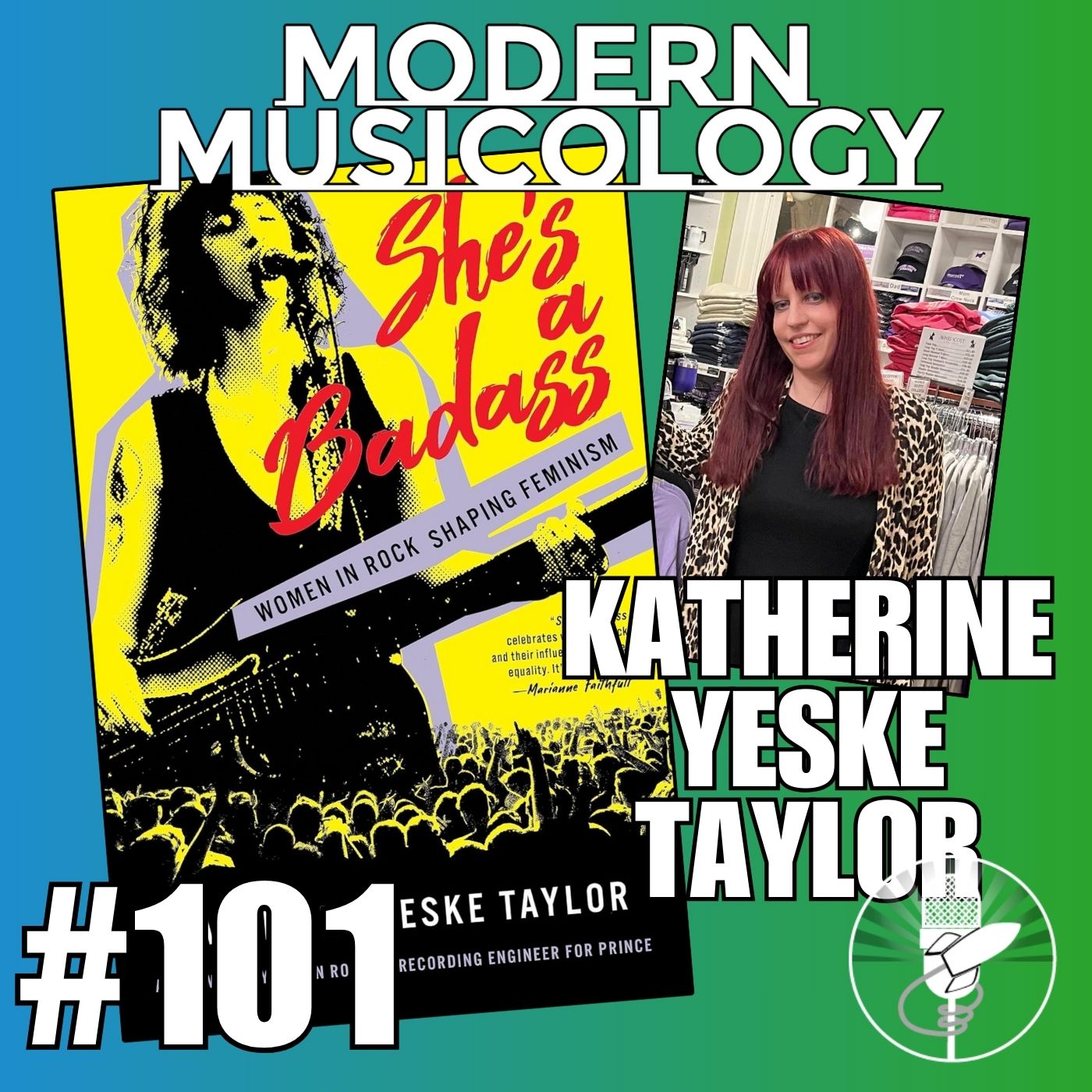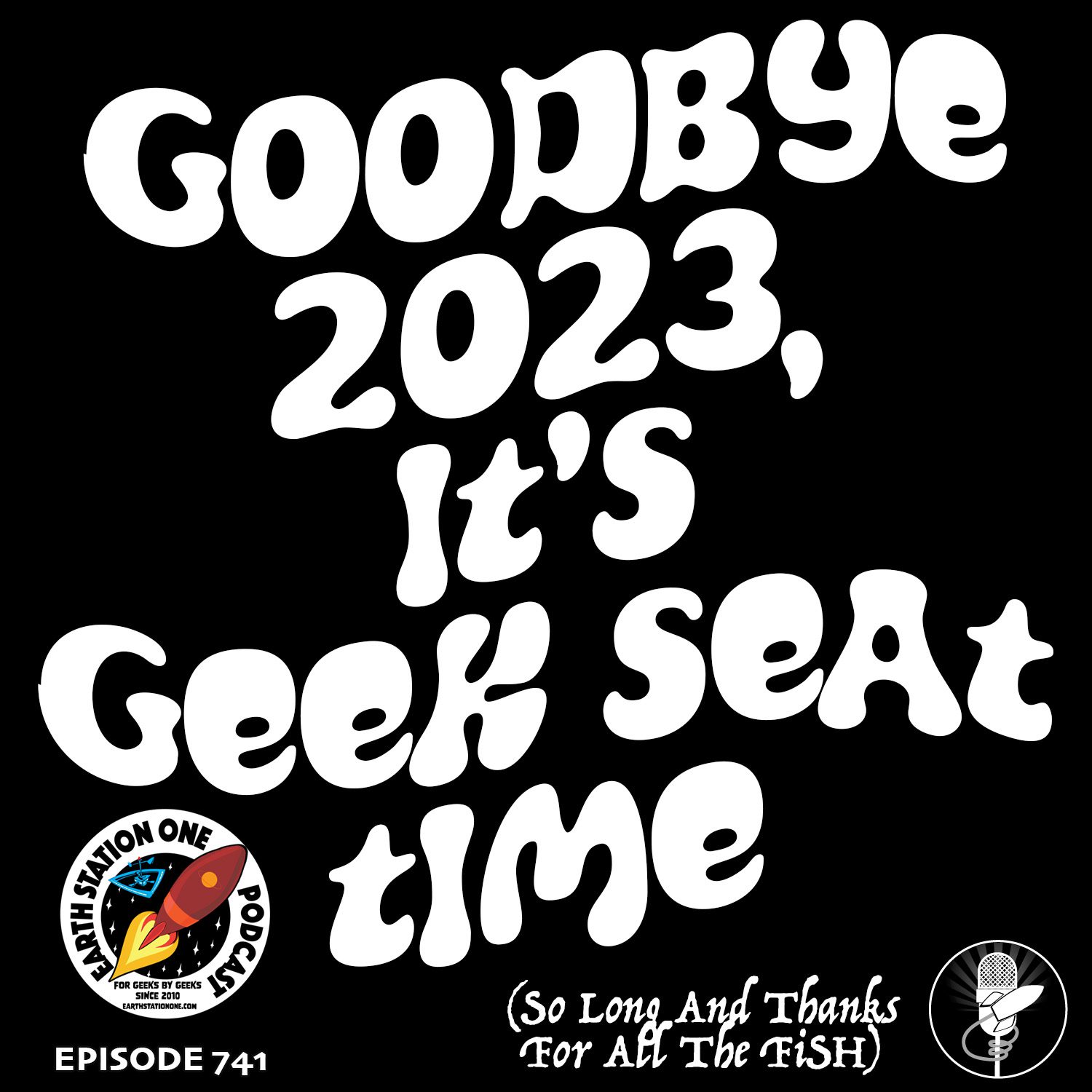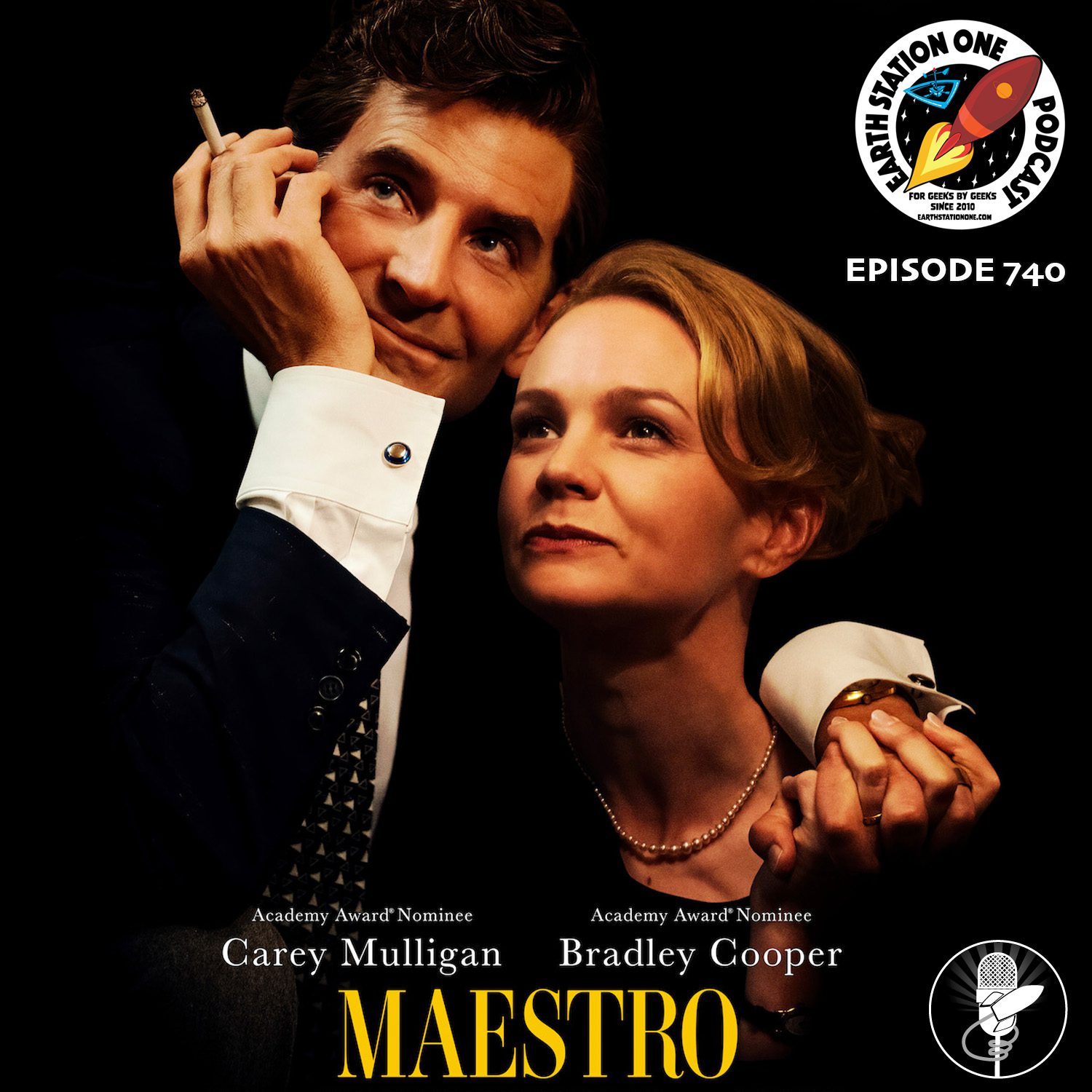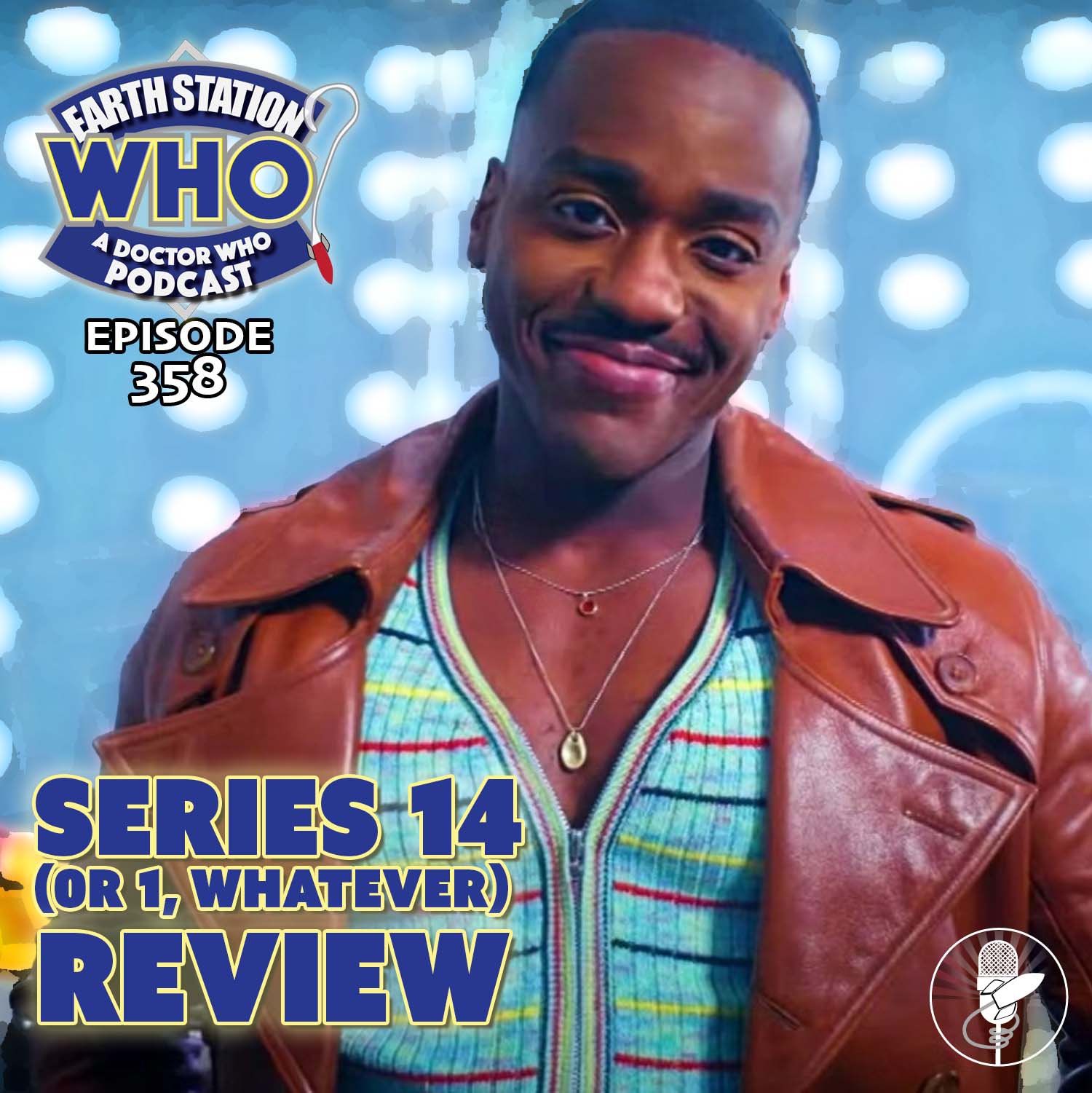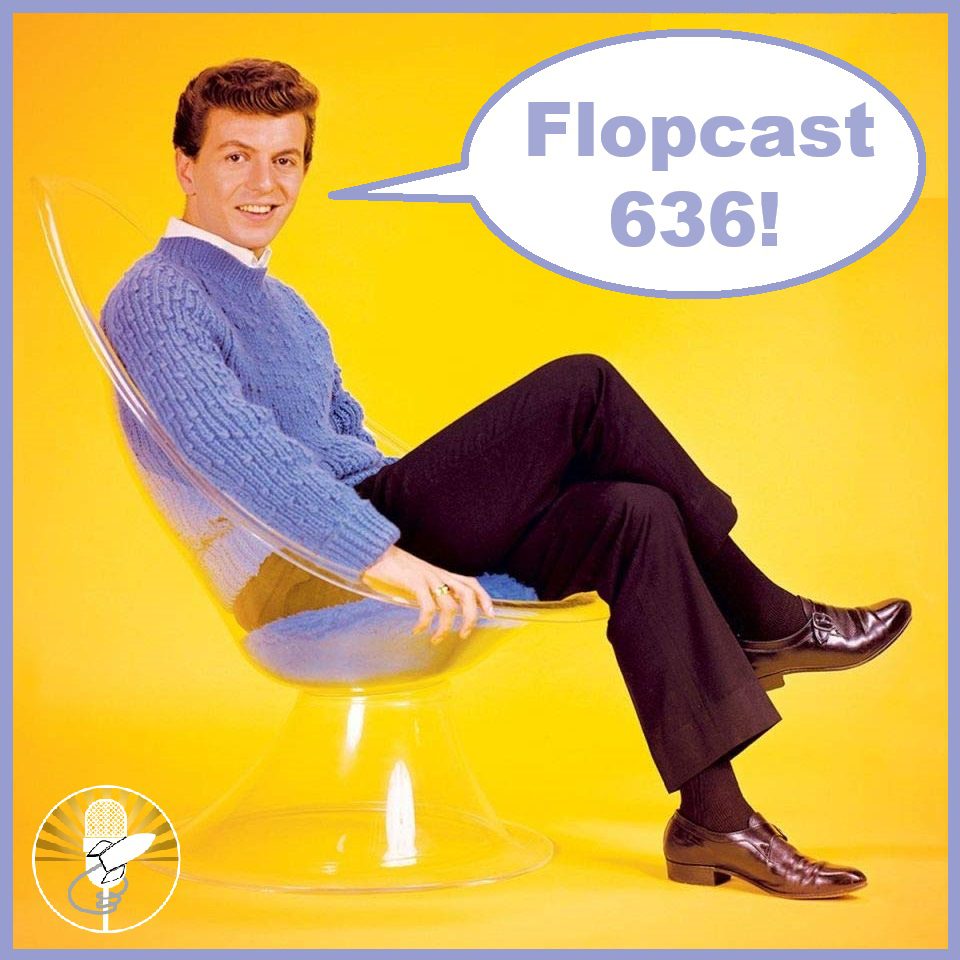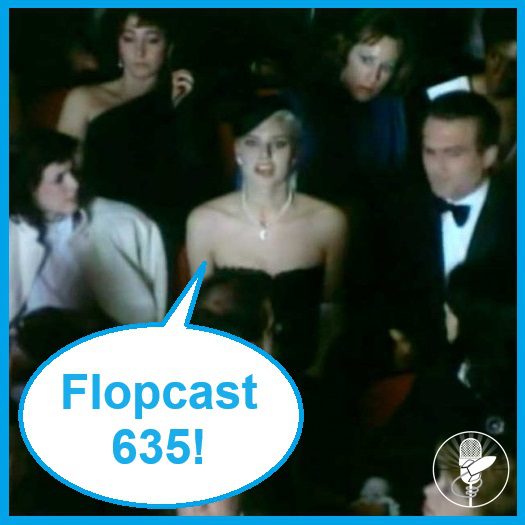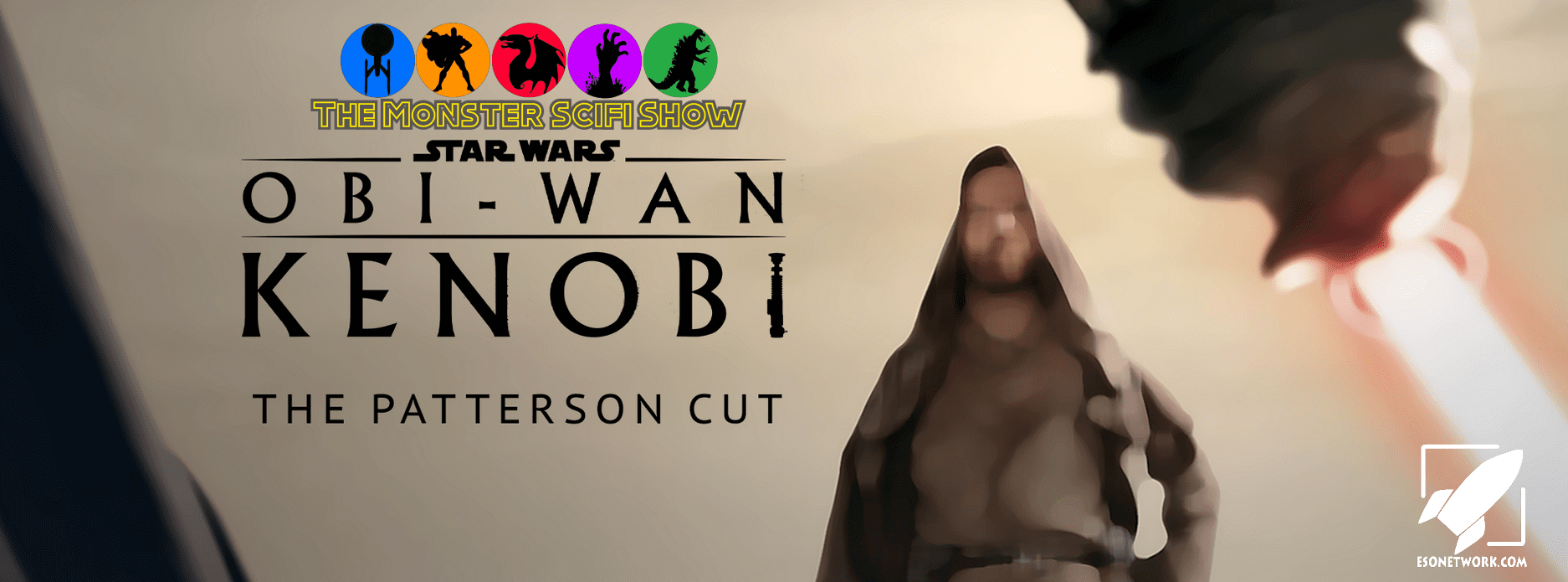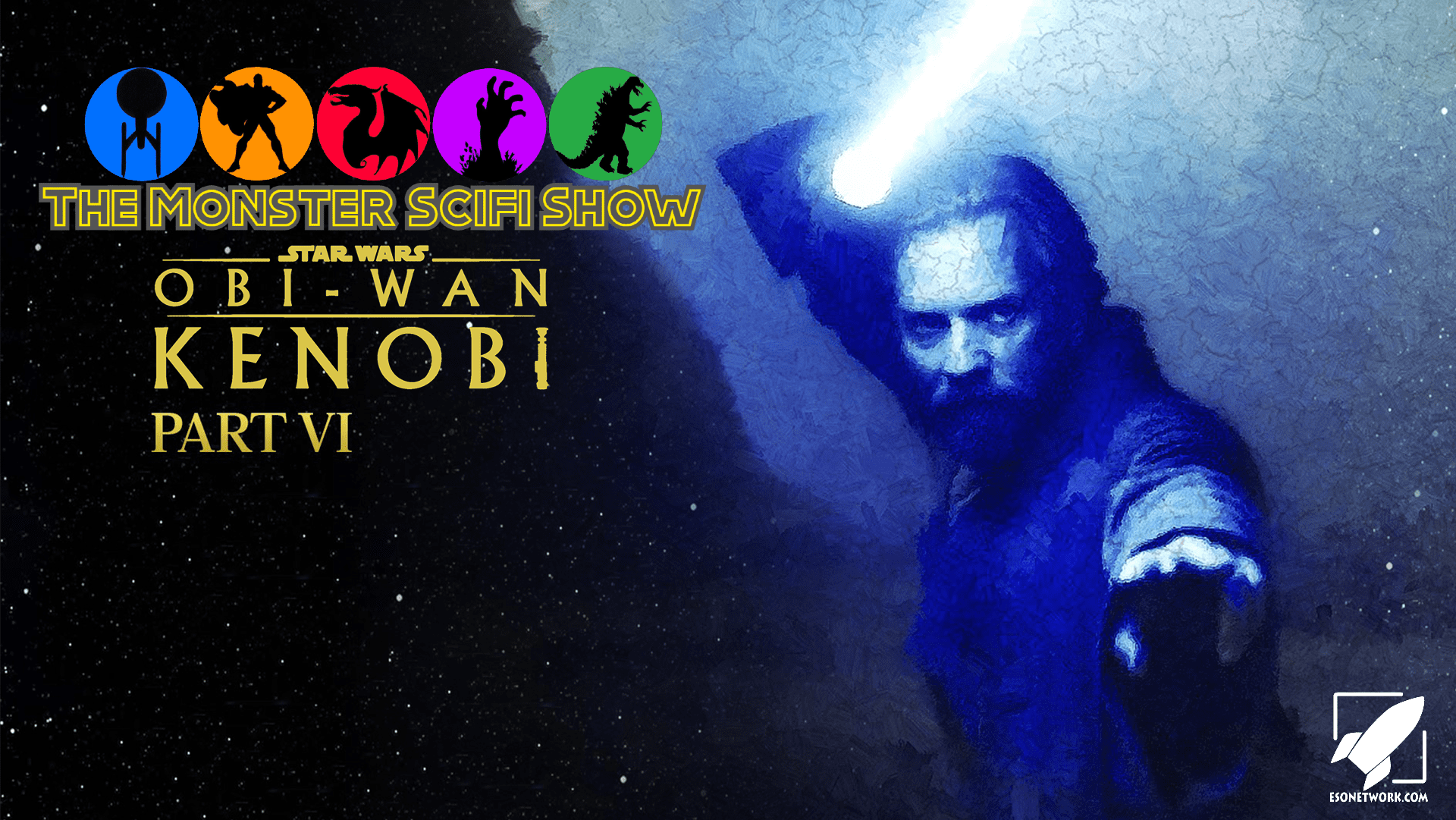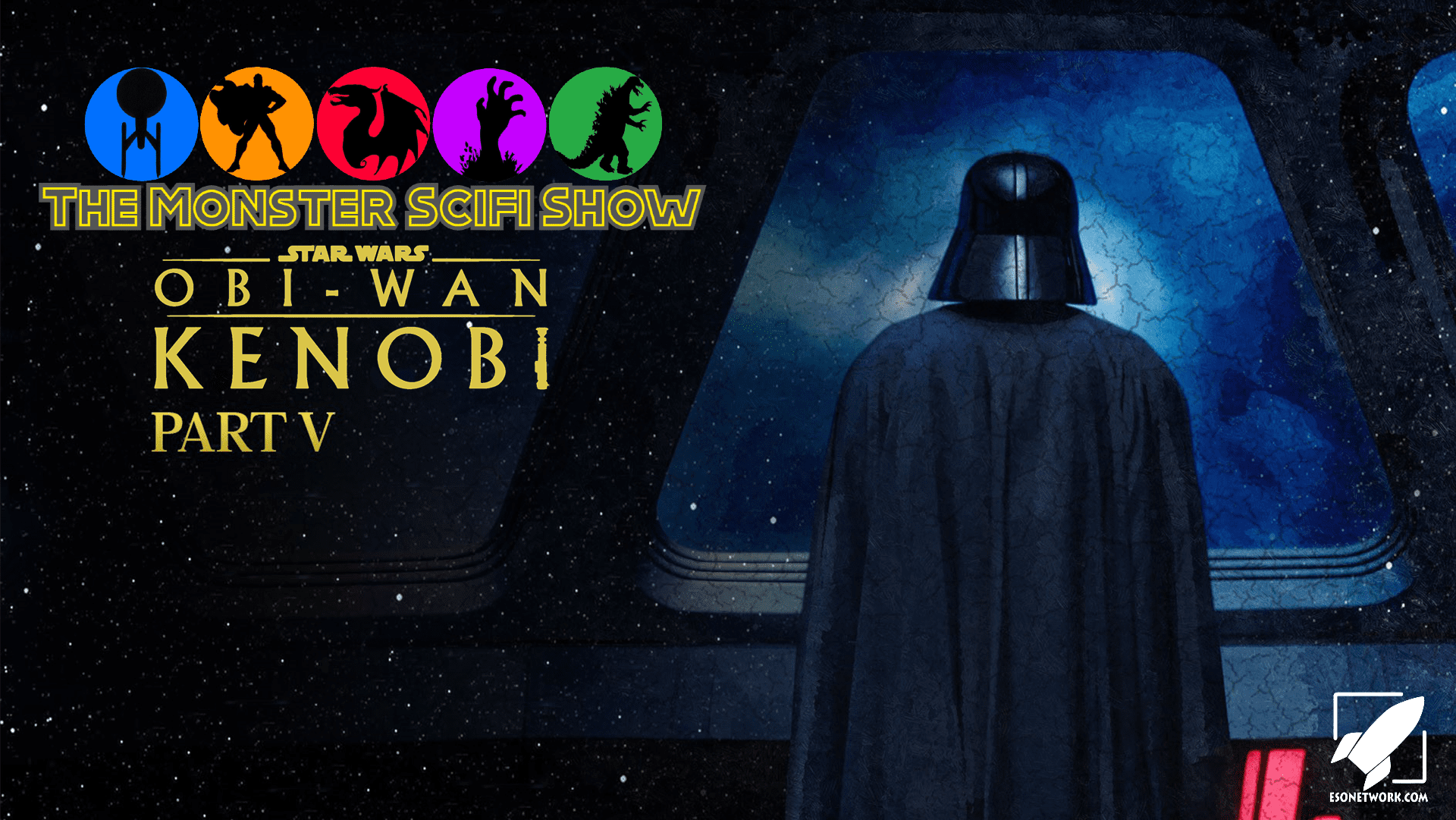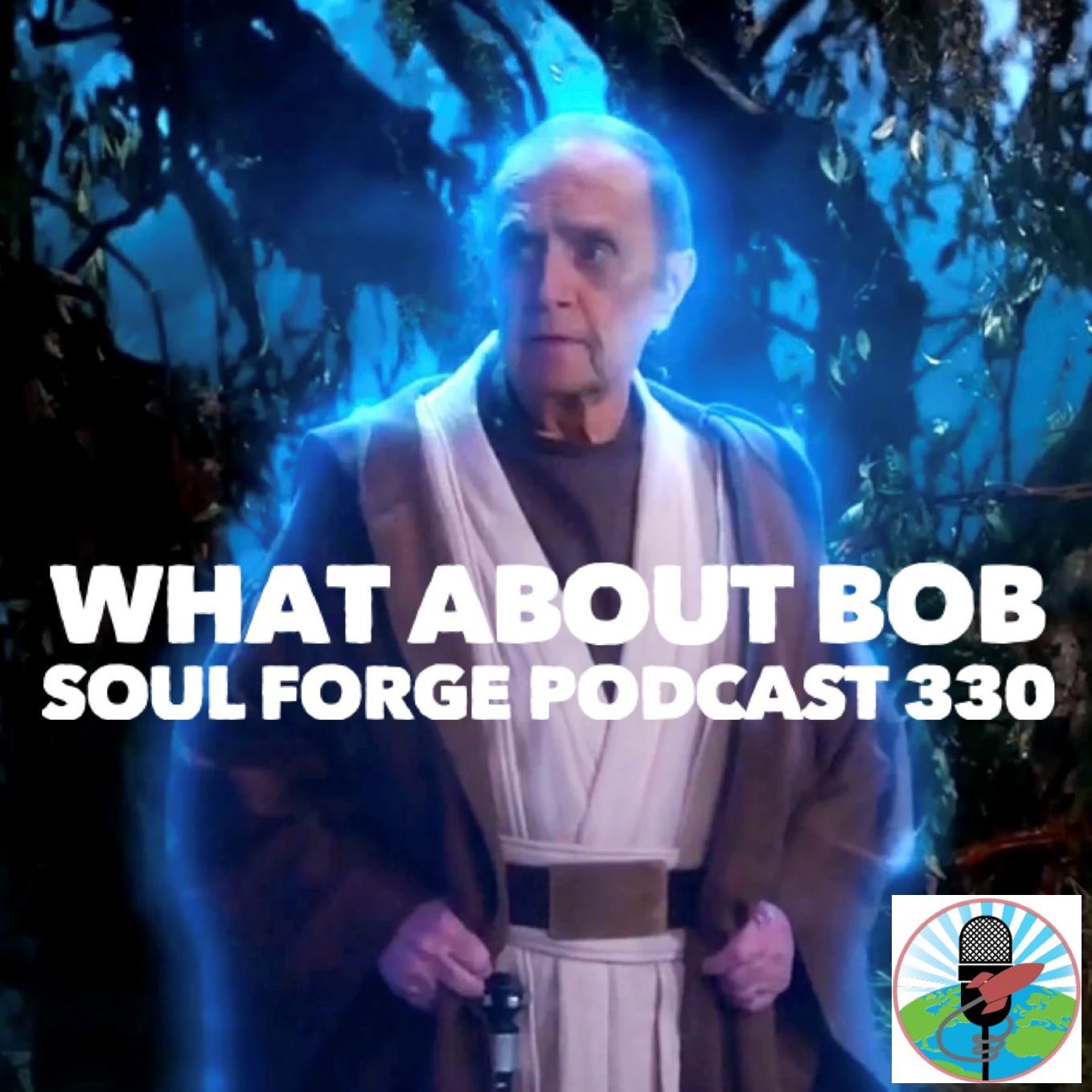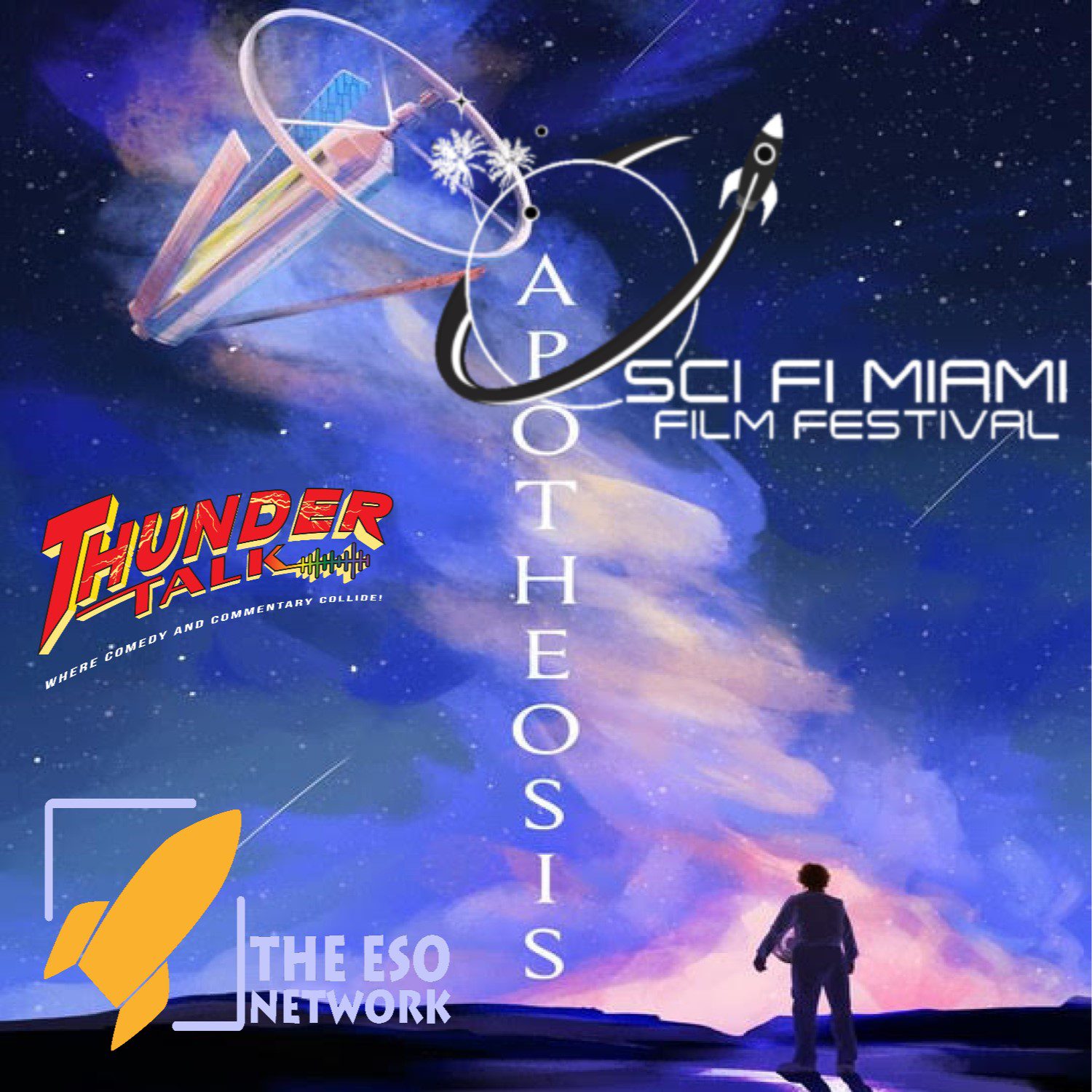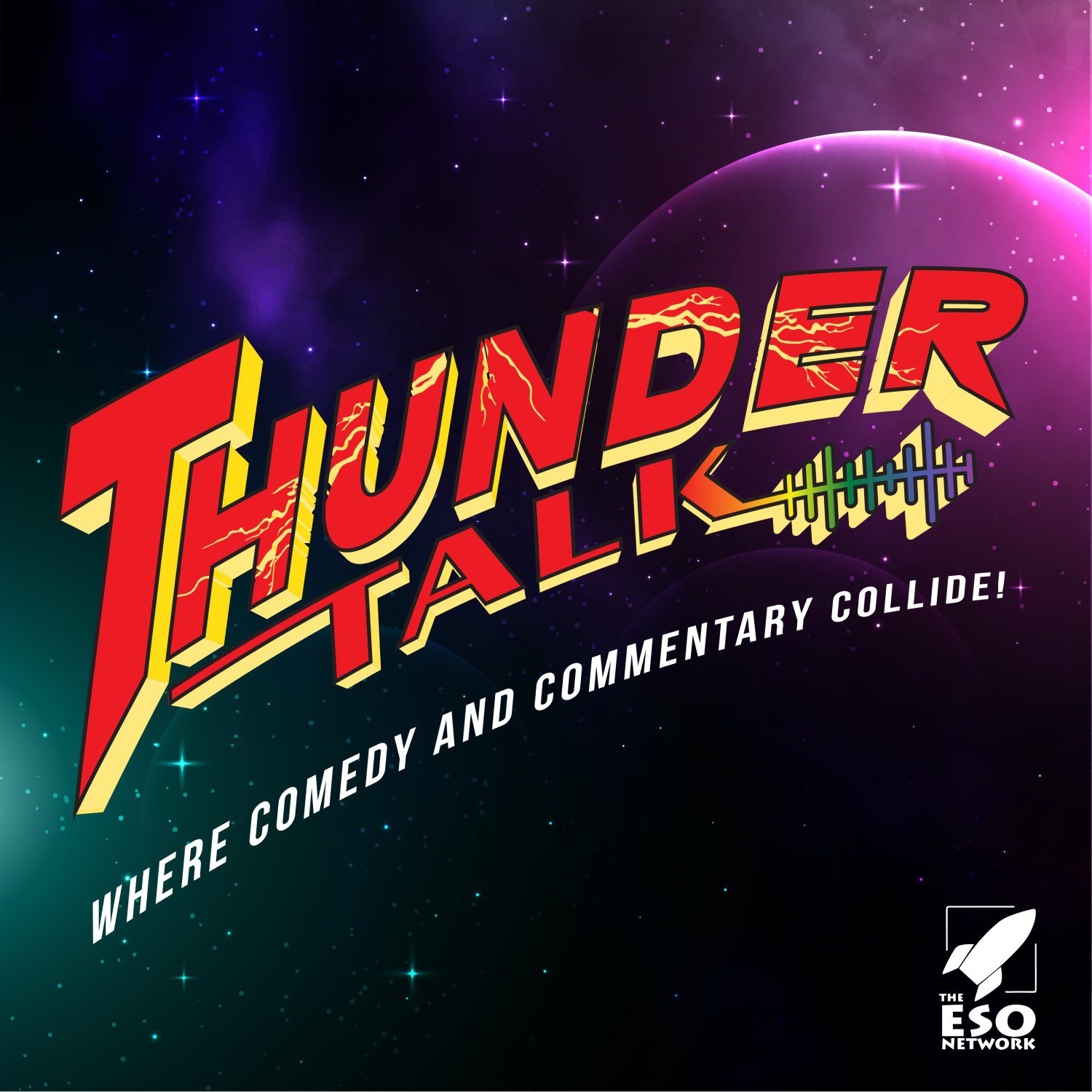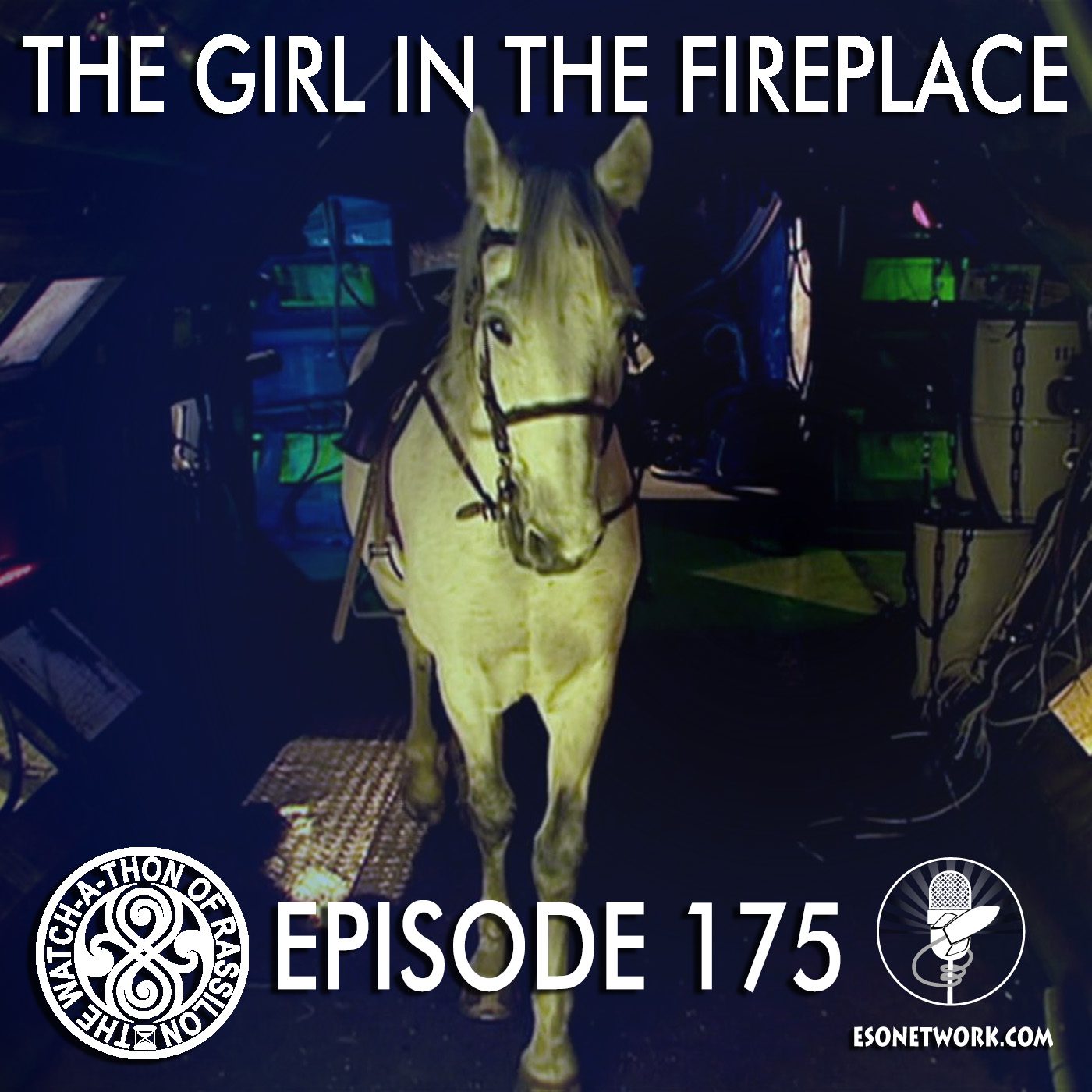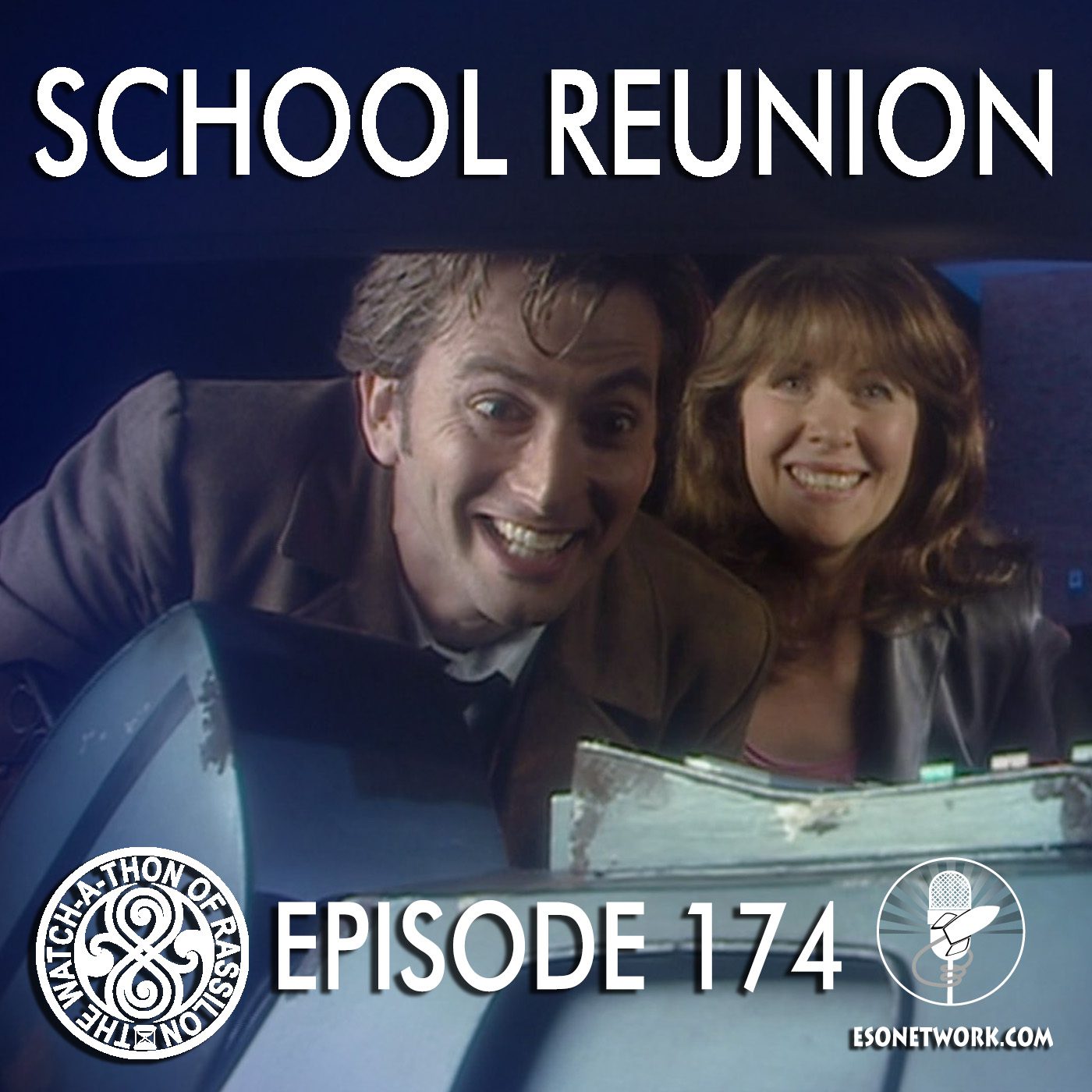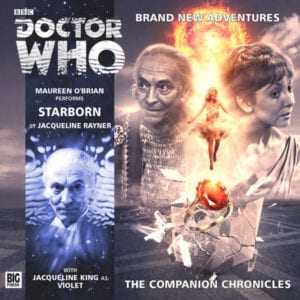 Blurb: On a visit to early 20th Century Earth, Vicki receives a warning – if she leaves in the TARDIS, then she will die.
Blurb: On a visit to early 20th Century Earth, Vicki receives a warning – if she leaves in the TARDIS, then she will die.
Unable to join her friends, Vicki is given an audience by a psychic called Violet, who contacts voices beyond this mortal plain.
And one of those voices is Vicki herself, who reveals what will happen at the ship’s next landing place – and what terrible fate awaits…
Review: Starborn is one of only four Companion Chronicles that Maureen O’Brien performed for Big Finish. It’s amazing that O’Brien is doing anything Doctor Who related at all. For years she wanted nothing to do with the program and had little if anything positive to say about her time on it. That has changed in recent years. O’Brien works steadily for Big Finish, first doing Companion Chronicles and Lost Stories and now also doing The Early Adventures. Teamed with veteran writer Jacqueline Rayner, known for stories like The Transit of Venus and The Suffering, this story promised something a little different from the standard Companion Chronicle.
There has always been a wide variation in the Companion Chronicles over how much time should be spent on the framing sequence. Some stories provide no framing at all. The companion simply narrates the story with no context given for when and why they’re telling it. The best Companion Chronicles on the other hand tend to be the ones that spend some time giving some context for why the story is being told. This allows for the narrator’s character to flourish more and can help with giving more immediacy and relevance to the story itself. Unfortunately, Starborn goes overboard in this department. Almost half of the story takes place in the framing sequence. This might not be a bad thing if the framing sequence was interesting, but in this case it’s all about the tropes of early twentieth century psychics. Vicki doesn’t believe a word of it, but a lot of time is spent with Madame Violet trying to convince her and going through the motions of the table rapping, finding a control, and finally getting to the “spirit” that wants to speak to Vicki. It’s a tedious back-and-forth seemingly more designed to fill out the story’s runtime then because it’s important. It would help if Madame Violet is an interesting character, but she isn’t. She’s a little less ostentatious than the standard psychic, no funny accents or mysterious ways of talking, but all her talking points are the same. Even worse, she acts like the concepts of space and time travel are beyond her comprehension. She’s not talking about the mechanics of how such a thing could be done. She’s just talking about the concepts themselves. Even Marco Polo in the 13th century understood the idea of time travel, despite believing the Doctor to be a liar for saying the TARDIS had that ability. It makes her far to ignorant to be believed and seems to only be there to keep her from saying much.
Underestimating the intelligence of the audience, Rayner doesn’t allow this tale to use any level of subtlety. As soon as the “spirit” makes contact, she tells Vicki that she’ll die on an alien world. Anyone familiar with classic Doctor Who will already know that something is wrong. Vicki was left behind in ancient Troy and sailed off with Troilus and Aeneas in her final story. It would have been so much more interesting, if this story played with the idea that Vicki was being contacted by her older self who had died thousands of year ago before she’d ever been born. Instead, Vicki is told a tale with a number of very obvious mistakes and errors, but with a paradoxical number of facts that would imply the veracity of the spirit’s story. Ensuring that no one in the audience needs to put things together on their own, Vicki even points out the errors so far at the end of episode one. The truth is eventually revealed, and when it is it makes a mockery of the entire story so far. The spirit had been making its plan for over one hundred years, but when it fails it is treated as if it wasn’t important at all. Even worse, there’s the plot maguffin of a “time bubble” that ensures that no one can remember anything that happened during the framing sequence, making the entire story obsolete. To call Starborn frustrating would be an understatement.
The story told about the alien planet is interesting enough. The idea of a world surrounded by a web of tiny stars is interesting. The idea that the stars are living beings that have ascended is a very nice high-concept science-fiction idea as well. There are some nice scenes towards the beginning of the story when the Doctor and Ian deduce details about where they are and what the place is like that’s very reminiscent of 60’s Who. Rayner also invents some retro-tech in the form of air conditioning bangles that the characters wear to keep them cool. The Doctor’s ring also plays a role in the story. It’s swiss-army knife of space status gets a boost as it’s used for yet another purpose here. It’s very much in the style of those old stories and creates a nice, nostalgic feel to the proceedings.
The only downside to this part of Starborn is that Rayner goes through far to many verbal gymnastics to justify placing this story between the television stories The Romans and The Web Planet. There’s really no reason to do so, since this story could have happened at any point that the Doctor, Vicki, Ian, and Barbara traveled together. Yet Rayner goes to some length to explain how they freed themselves from the Animus’ influence at the end of The Web Planet and why the time travelers have left on their Roman clothes through several journeys. It seems forced and awkward just to justify a gap between two stories that don’t really have one.
The narrated story seems a bit pacier that the normal Companion Chronicle, but that’s likely because it’s so short. There’s the initial discovery, the development of Vicki’s relationship with Anet, and finally the conflict with the Waneshe. When it happens, the conflict makes sense, and Rayner does a good job explaining several important plots points of the story in such a way that it doesn’t telegraph how the resolution will take place. The ending is a suitably tense scene, and it’s resolution is made all the more poignant by the sacrifice that needs to be made to resolve it. One thing that Starborn gets right is that actions have consequences. Early Doctor Who never shied away from death and here it becomes the pivotal moment that drives the action and the emotion of the story.
From the performance/production standpoint Maureen O’Brien is wonderful in this. The script gives her the opportunity to play two distinct yet almost identical characters. She takes that opportunity and runs with it, recreating her Vicki voice from the 1960’s almost perfectly and then creating something very similar, but with some slight differences in pitch and delivery. Although the script does Jacqueline King no favors, giving her little to say and making her character useless beyond giving Vicki someone to talk to, she does what she can with the part, giving Madame Violet a warmth that may not have been there otherwise. The music is somber, which fits in well for the tone of the piece. The soundscape is densely packed with all kinds of touches to give the story of an air of verisimilitude from the sound of rain outside to screams to a spaceship’s roar to shattering mirrors and many more. Big Finish is the king of audio drama for a reason and from that standpoint this is a very polished piece of work.
Recommendation: It’s the nugget of a great story idea let down by poor execution, an odd desire to shoehorn the story into a gap that doesn’t work, and a resolution that not only doesn’t work for multiple reasons, but also removes all impact of the story from the characters itself, making the story obsolete. The production standards are top notch with a wonderful soundscape and some fantastic acting from Maureen O’Brien, but that’s not enough to save the major plotting and script problems. I recommend skipping this one.
4/10
2014
Audio Drama
Big Finish Productions
Directed by Lisa Bowerman
Produced by David Richardson
Written by Jacqueline Rayner
Runtime Approx 60 min.











